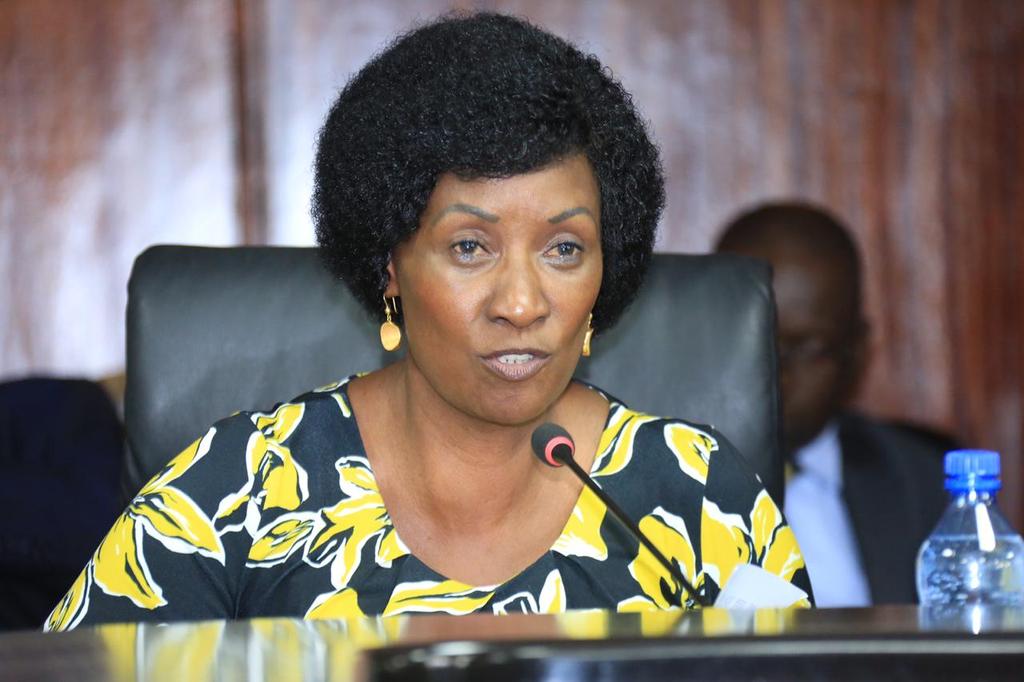Teachers across Kenya have received positive news as Cabinet Secretary for National Treasury and Economic Planning (CS) John Mbadi has confirmed that the government has allocated funds to hire Junior Secondary School (JSS) teachers ) permanently.
This announcement dispels previous concerns and rumors to the contrary and Mbadi expressed regret for any anxiety caused by previous statements.
The Ministry of National Treasury and Economic Planning clarified that from January 2025, the government will employ primary school teachers permanently and with a pension. This measure aims to guarantee job security and stability for teachers. “Funding has been allocated by the government to employ high school teachers on a permanent and pensionable basis from January 2025,” the Treasury said in X.
Before, CS Mbadi had indicated that the government does not have the funds to hire secondary school teachers permanently. Speaking on Thursday, he highlighted a budget deficit that has made it difficult for the government to address employment issues for lower secondary teachers.
He noted that there are insufficient resources to recruit teachers permanently and to meet the needs of the 20,000 additional primary school teachers that had been cut in the budget estimates. The government initially planned to allocate sh18.3 billion to hire teachers currently working as trainees. However, the collapse of the 2024 Finance Bill created a significant budget deficit of sh346 billion, complicating these plans.
In June, the Court of Appeal intervened, ending plans to employ 46,000 trainee teachers on a permanent and pensionable basis.
Justices Asike Makhandia, Sankale Ole Kantai and Ngenye Macharia upheld an earlier order by the Employment and Labour Relations Court (ELRC) requiring the Teachers Service Commission (TSC) to convert these internships into permanent positions.
Therefore, JSS teachers will continue to work as interns until the case filed by the TSC led by Nancy Macharia is resolved. In its petition, the TSC argued that the ELRC’s orders derailed its plans because the budget did not provide for the hiring of intern teachers on a permanent basis.
The lawyer of the TSC Allan Sitima stressed that the rights of all public school students could be in danger if the Commission is not able to secure the necessary financial resources to integrate the 46,000 teachers on a permanent basis.
The fear is that without adequate staff, the quality of education may be compromised, which may infringe constitutional rights under Articles 43 and 53. The employment of JSS teachers has been a controversial issue, with unions of teachers, including the Kenya Union of Post Primary Teachers and the Kenya National Union of Teachers cite this as one of the main reasons for their threat of a national strike.
During the weekend, the two unions held special meetings during which they decided to stop the practices if their demands are not met.
The unions insisted that the Teachers Service Commission (TSC) answered only one of their six main questions.
These requirements include:
1. Promotion of 130,000 teachers
2. Immediate recruitment of 20,000 new JSS teachers
3. Timely payment of third party deductions
4. TSC’s commitment to discuss a new collective bargaining agreement

